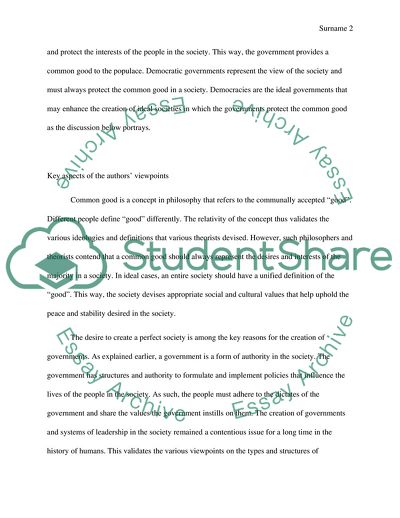Cite this document
(John Locke's Idea of Democratic Government Outline Example | Topics and Well Written Essays - 1250 words, n.d.)
John Locke's Idea of Democratic Government Outline Example | Topics and Well Written Essays - 1250 words. https://studentshare.org/politics/1852995-utopia
John Locke's Idea of Democratic Government Outline Example | Topics and Well Written Essays - 1250 words. https://studentshare.org/politics/1852995-utopia
(John Locke'S Idea of Democratic Government Outline Example | Topics and Well Written Essays - 1250 Words)
John Locke'S Idea of Democratic Government Outline Example | Topics and Well Written Essays - 1250 Words. https://studentshare.org/politics/1852995-utopia.
John Locke'S Idea of Democratic Government Outline Example | Topics and Well Written Essays - 1250 Words. https://studentshare.org/politics/1852995-utopia.
“John Locke'S Idea of Democratic Government Outline Example | Topics and Well Written Essays - 1250 Words”. https://studentshare.org/politics/1852995-utopia.


